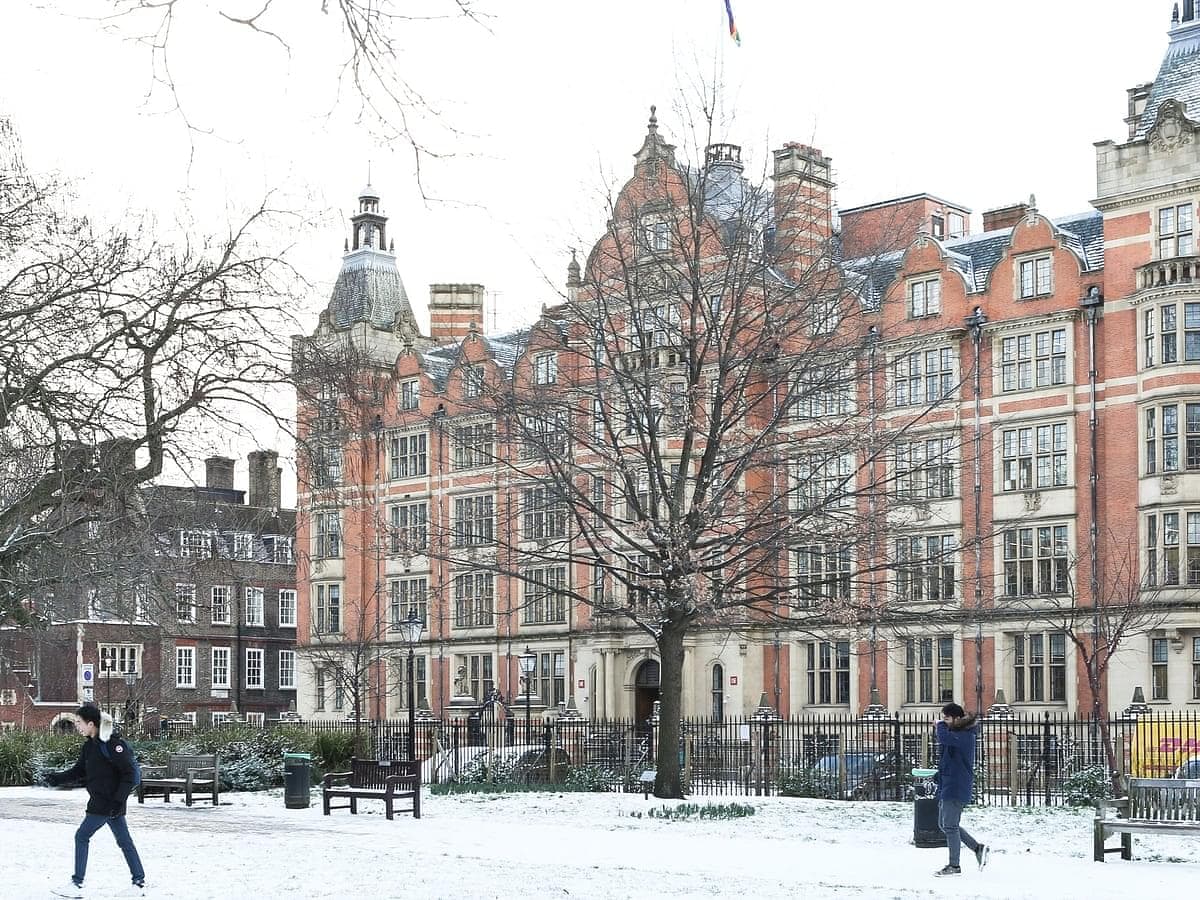The degree involves studying courses to the value of 12 units over three years, plus LSE100. You will undertake a dissertation in your final year. Fieldwork is an important component of the programme and there is the option of an international fieldtrip as part of the second-year course Field Methods in Geography (see Fees and Funding section for details of costs). You should be undertaking a minimum of 27 hours of independent study across all your courses.
Language specialism
Students who have taken and passed at least one language course in each year of their degree (i.e. 25% of their overall programme of study) will receive a language specialism attached to their degree certificate and transcript. Students must take all courses in the same language (French, Spanish, German, Mandarin or Russian) in order to qualify for the specialism. The three courses must also be consecutively harder in level, for example: beginner, intermediate and advanced. Students who choose language courses in each year according to these rules will receive a language specialism. Degree certificates which include a language specialism will state the language in the title, for example: BA Geography (with French).
First year
(* denotes a half unit)
You will take two compulsory courses, and choose one course from a choice of four. For your fourth course you can choose from a range of approved outside options, including a language course, or take one more of the four courses listed below. In addition, you will also take LSE100.
Introduction to Geography
This course provides students with an introduction to geography at LSE, including human, economic and environmental geography.
Introduction to Geographical Research
Introduces students to the production of geographical and environmental knowledge, and methodological approaches for conducting research.
Human Geography and the City
Addresses the social, economic and political dimensions of urban geography by focusing on the intersection of people and place in London.
Courses to the value of one unit from a range of options
LSE100*
A half unit, running across Michaelmas and Lent Term in the first year, LSE100 is compulsory for all LSE undergraduate students, and is designed to build your capacity to tackle multidimensional problems through research-rich education.
Second year
The second year core courses provide a thorough grounding in geographical methods. You will also take a course in Pathways in Human Geography and further geography and environment options to the value of two units, one of which may be an approved language option.
Quantitative Methods in Geography and GIS*
Provides students with an introduction to quantitative methods for geographical analysis, specifically regression analysis and Geographical Information Systems
Field Methods in Geography*
Examines methods used in field-based geographical research, and helps prepare students to undertake individual research projects.
Pathways in Human Geography*
Topics to be discussed will be Imperialism, East and West; contemporary geopolitics; concepts of “home” and Patriarchy; material aspects of globalisation such as containerisation and shipping; non-economic aspects of agglomeration in cities; biopolitics and the geography of disease and viruses; the geography of affect or feelings; soundscapes and music.
One from:
Political Geography*
Provides an introduction to political geography. Topics covered include power and states, nationalism, collective mobilisation and social movements, elections, and democratisation.
Urban Geography and Globalisation*
Offers a critical, human-geographical perspective on ‘global cities’, how these manifest in different parts of the world, how they matter for distinct realms of urban life, and how we can study features of global urban geography.
Economy, Society and Place*
Addresses questions focussing on the role of culture in nuancing class-based explanations of the relationship between people and place.
Geography and environment options to the value of two units (one may be an approved language option)
Third year
In the third year you will undertake a dissertation and take further geography and environment options of your choice to the value of three units.
Dissertation
You will undertake your own independent research project from start to finish on a geography topic of your choice, with guidance from your academic mentor.
Geography and environment options to the value of three units
You must note however that while care has been taken to ensure that this information is up-to-date and correct, a change of circumstances since publication may cause the School to change, suspend or withdraw a course or programme of study, or change the fees that apply to it. The School will always notify the affected parties as early as practicably possible and propose any viable and relevant alternative options. Note that the School will neither be liable for information that after publication becomes inaccurate or irrelevant, nor for changing, suspending or withdrawing a course or programme of study due to events outside of its control, which includes but is not limited to a lack of demand for a course or programme of study, industrial action, fire, flood or other environmental or physical damage to premises.
You must also note that places are limited on some courses and/or subject to specific entry requirements. The School cannot therefore guarantee you a place. Please note that changes to programmes and courses can sometimes occur after you have accepted your offer of a place. These changes are normally made in light of developments in the discipline or path-breaking research, or on the basis of student feedback. Changes can take the form of altered course content, teaching formats or assessment modes. Any such changes are intended to enhance the student learning experience.
